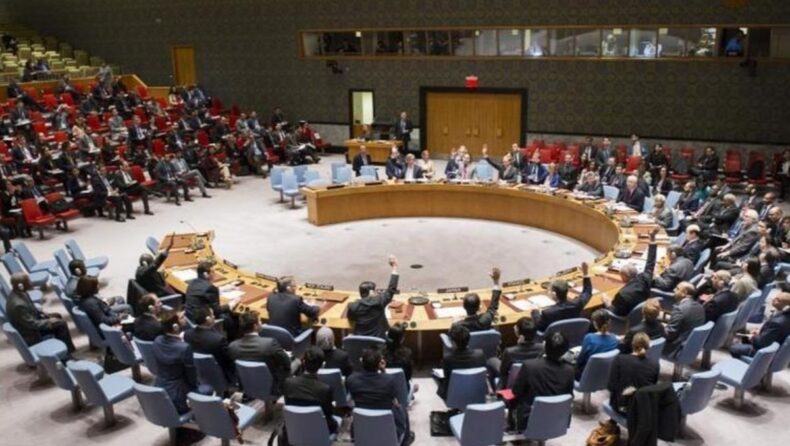The UNSC now consists of five permanent members and 10 non-permanent members chosen by the General Assembly of the United Nations for a two-year tenure.
The government informed the Lok Sabha on Friday that four of the five permanent members of the UN Security Council (UNSC) backed India’s bid for a permanent membership in the top international body.

Answering a query, Minister of External Affairs V Muraleedharan said India has continuously brought up with China the matter of reforming the United Nations Security Council (UNSC).
China is the only nation that has not yet backed India’s application to join the United Nations Security Council (UNSC).
As the minister pointed out, the UN Security Council’s permanent members — four of the five — have bilaterally indicated support for India’s bid for a permanent membership in an enlarged UN Security Council.
Mr. Muraleedharan said that India’s permanent membership in the larger UN Security Council is given the “highest priority” by the administration.
“Many efforts have been made to garner foreign assistance for India in this direction by the government.” At all levels of bilateral and international gatherings, including at the highest levels, the issue is discussed, “he explained.
China’s foreign ministry spokesperson’s statements during India-China UNSC discussions last year were also alluded to by him.
According to Mr. Muraleedharan’s remark, China’s spokeswoman said the country supports UNSC changes that strengthen the body’s power and effectiveness, as well as increasing the representation and voice of developing nations so that smaller countries have a bigger say in the process.
The UNSC now consists of five permanent members and 10 non-permanent members chosen by the General Assembly of the United Nations for a two-year tenure.
Russia, the United Kingdom, China, France, and the United States are the only permanent members of the UN Security Council with veto power.
An increasing desire to better represent the current global realities would increase the number of permanent members.
The permanent membership of the United Nations Security Council, which has primary responsibility for maintaining international peace and security, is hotly contested by India, Brazil, South Africa, Germany, and Japan.
The Intergovernmental Negotiation (IGN) process of the United Nations has been engaged in a wide-ranging discussion on reform, including membership categories and veto power.
When it comes to the United Nations Security Council, “text-based talks should begin as soon as possible within the UN General Assembly’s IGN framework,” Mr. Muraleedharan added.
According to the country’s foreign minister, G-4 (India, Japan, Brazil, and Germany) and the L.69 Group (Germany and India) are examples of Indian cooperation with reform-minded nations.
According to the country’s foreign minister, G-4 (a cross-regional group of countries from Asia, Africa, and Latin America)













